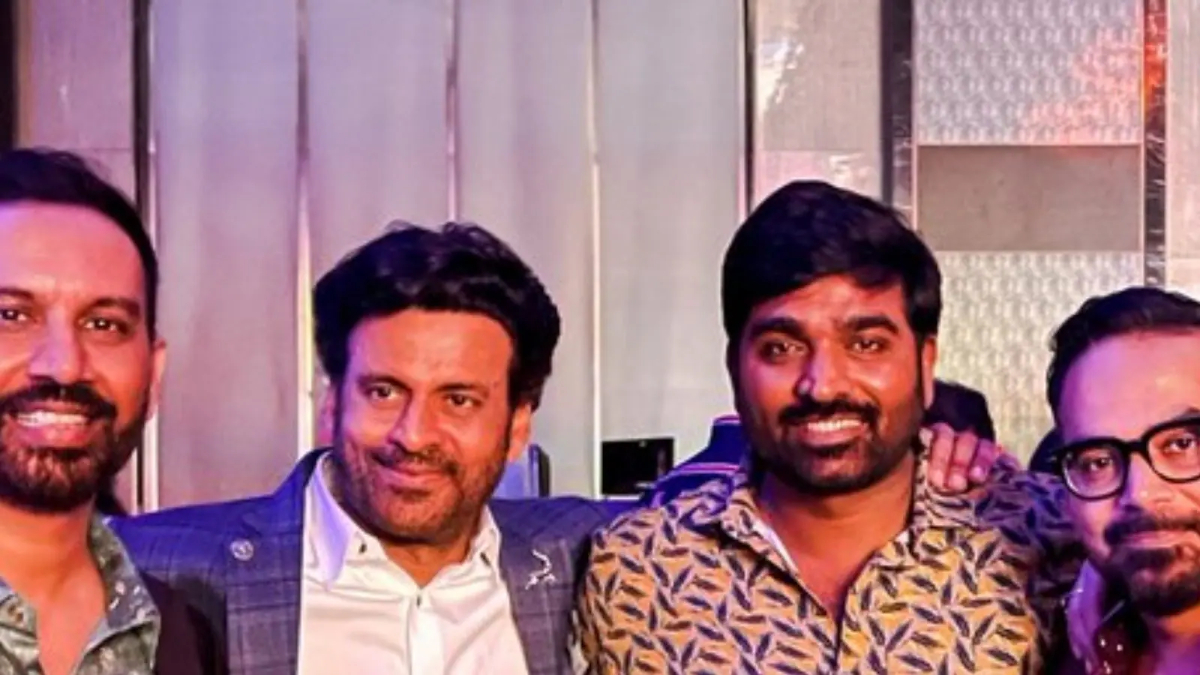Now Reading: Namita Thapar Slams ‘Marry in 20s,’ ’72-Hour Work Week’ Remarks: “What Has Happened to These Leaders?”
-
01
Namita Thapar Slams ‘Marry in 20s,’ ’72-Hour Work Week’ Remarks: “What Has Happened to These Leaders?”
Namita Thapar Slams ‘Marry in 20s,’ ’72-Hour Work Week’ Remarks: “What Has Happened to These Leaders?”

New Delhi, November 20, 2025: Namita Thapar, the prominent entrepreneur and judge on Shark Tank India, has weighed in forcefully on recent controversial comments made by business leaders, particularly those advocating for young people to “marry in your 20s” and promoting a “72-hour work week.”
Thapar, the Executive Director of Emcure Pharmaceuticals, expressed her shock and disagreement on social media, pointedly questioning the perspective of those in influential positions: “Yeh leaders ko ho kya gaya hai?” (What has happened to these leaders?). Her critique centers on what she views as a detachment from the realities, especially those faced by women and the average employee.
The “Marry in Your 20s” Controversy
The advice for young individuals, particularly women, to marry in their twenties for “demographic duty” was recently put forth by Zoho founder Sridhar Vembu. This counsel, following a broader discussion on egg-freezing and career timing, was met with a strong rebuttal from Thapar, who reframed the debate around women’s duty to themselves.
Thapar highlighted the physical and professional challenges women navigate, which often necessitate a different timeline for marriage and family planning. She emphasized the significant impact of factors such as menstruation, pregnancy, and societal expectations on a woman’s career and personal journey.
- Focus on Women’s Health and Needs: Thapar championed the prioritization of women’s health, needs, and dreams, asserting, “And, in that process, if we want to get married late, so be it.”
- A Call for Addressing Real Issues: Turning the “duty” concept on its head, Thapar challenged the leaders to focus on real national issues affecting women, such as the alarming statistic that 57% of women in India have anemia and that less than 20% participate in the workforce—two numbers that have shown little improvement over the years.
The 72-Hour Work Week Debate
Thapar’s reaction to the marriage advice also served as an opportunity to reiterate her earlier firm opposition to the idea of a punishing 70 or 72-hour work week, a suggestion notably championed by Infosys co-founder Narayana Murthy.
Thapar’s stance distinguishes sharply between the motivations and compensation of founders/high-stake executives and those of regular employees:
- For Founders vs. Employees: She has previously argued that while founders—who stand to gain massive financial upside—might choose to work extreme hours, the same expectation cannot be placed on salaried employees, such as an accountant.
- The Cost of Absentee Parenting: A core part of her argument is the severe toll such an imbalanced work life takes on personal relationships and mental health. Thapar has bluntly advised that those who constantly work 70 hours a week should “spare them the misery and the mental health issues of having an absent parent,” advocating against marriage and parenting in such demanding scenarios.
By linking both the early marriage and the grueling work-week remarks, Thapar positions herself as a vocal advocate for work-life balance and a more empathetic, realistic approach to the pressures faced by the modern Indian professional, especially women. Her comments underscore the growing divide between traditionalist views on productivity and family and the evolving aspirations and realities of the younger generation.










